
The regions Lower Canada College offers busing from are:
Additional notes: We offer one-way and round-trip bussing from the West Island only, with pick up and drop offs from the Beaconsfield Shopping Centre (Boul. St. Charles and Highway 20) and Fairview Shopping Centre (Boul. St. Jean and Highway 40). There is only one bus per day in either direction.
How we see Lower Canada College
Compare with:
How Lower Canada College sees itself
"Globally minded, LCC is a gender-inclusive, independent, university-preparatory, K-12, day school offering the IB MYP and DP. Located on a 7-acre campus in the heart of the Monkland Village, the school has a rich history, an inspiring team of faculty, and a diverse and highly motivated student body. With a challenging academic program and extensive co-curricular offerings that include athletics, arts, service, debating and leadership, our focus is on fully developing the mind, body and heart of every student."


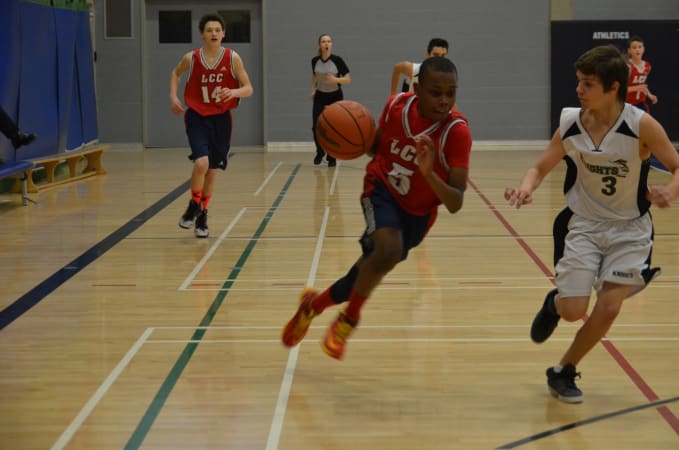
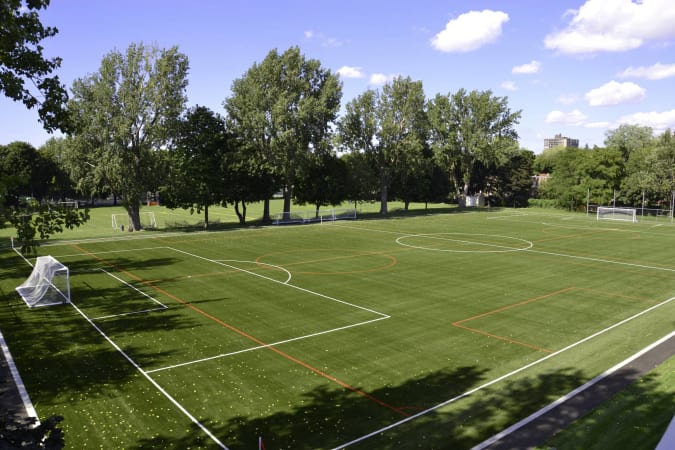





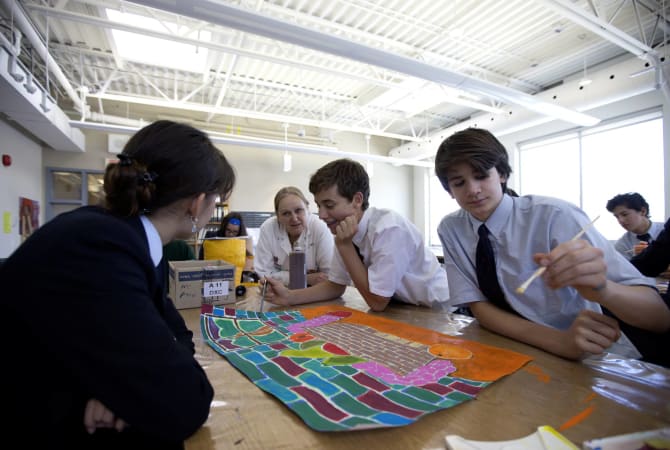
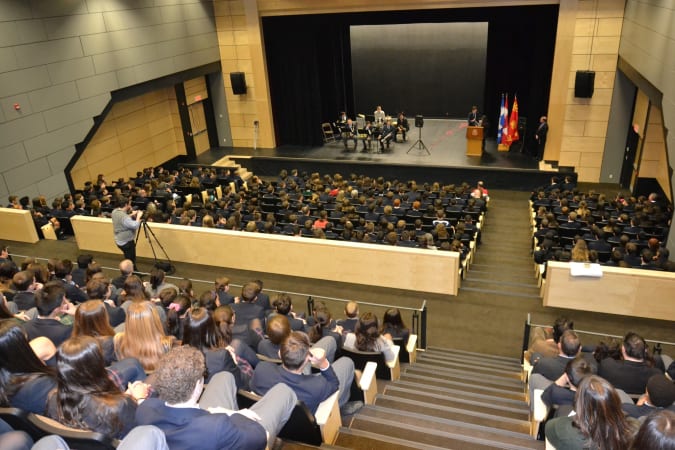



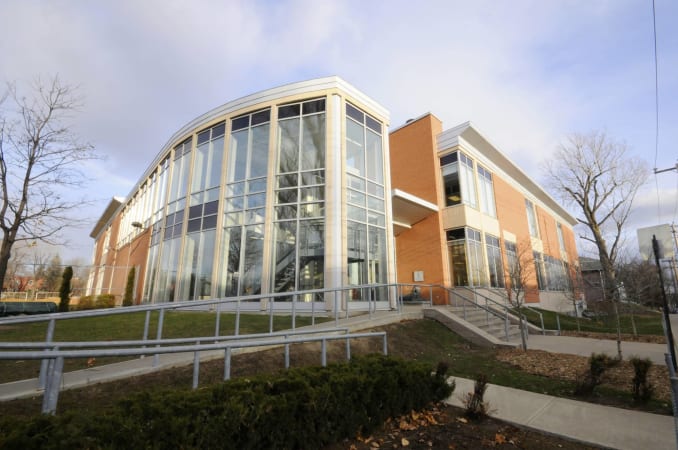






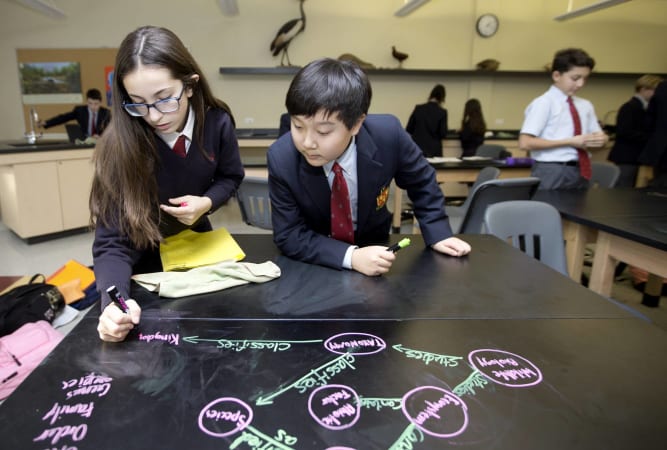





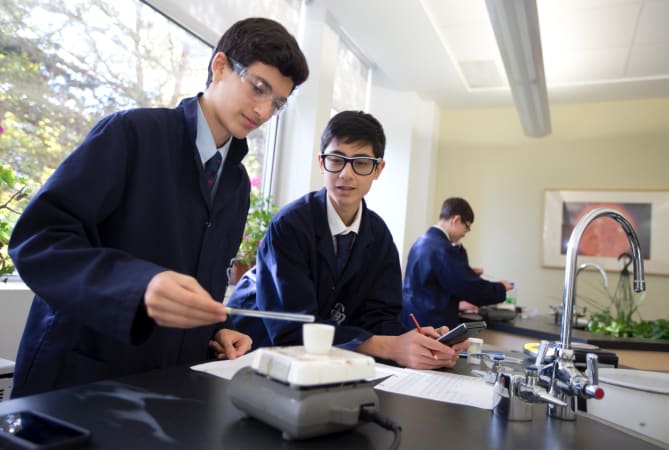




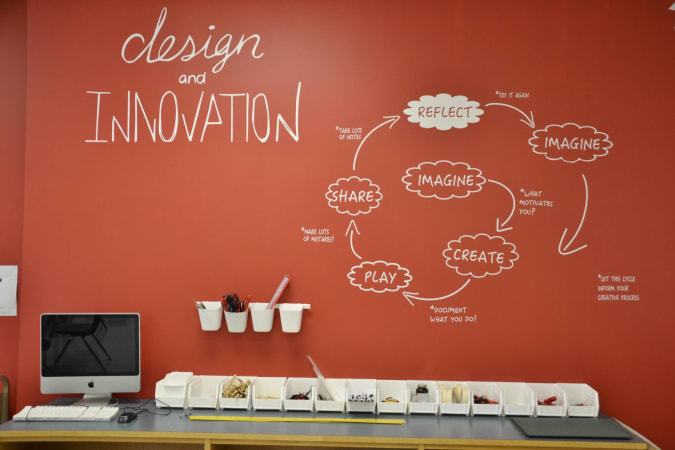
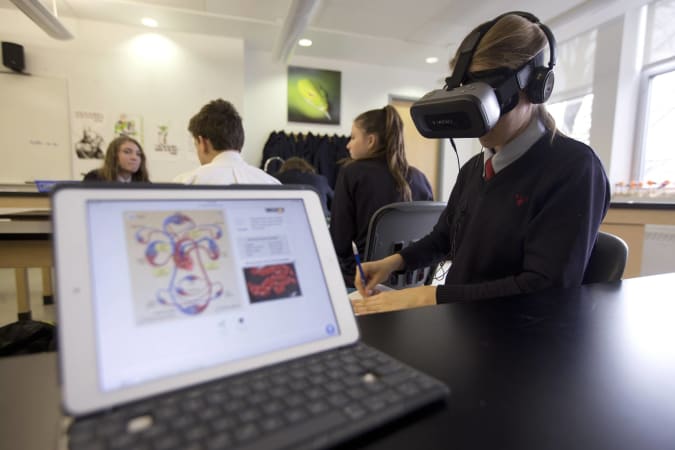
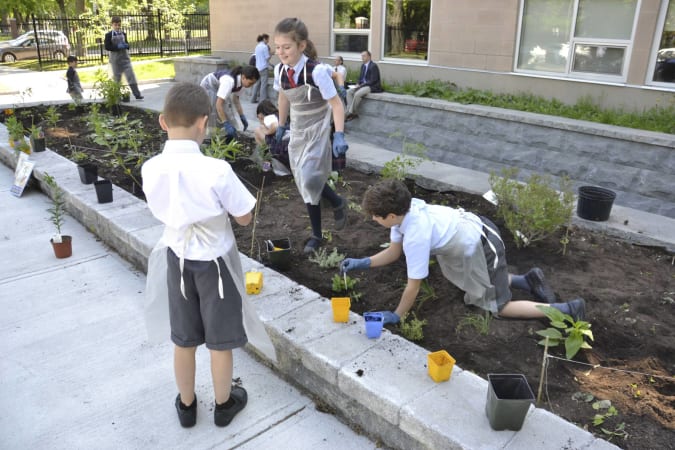



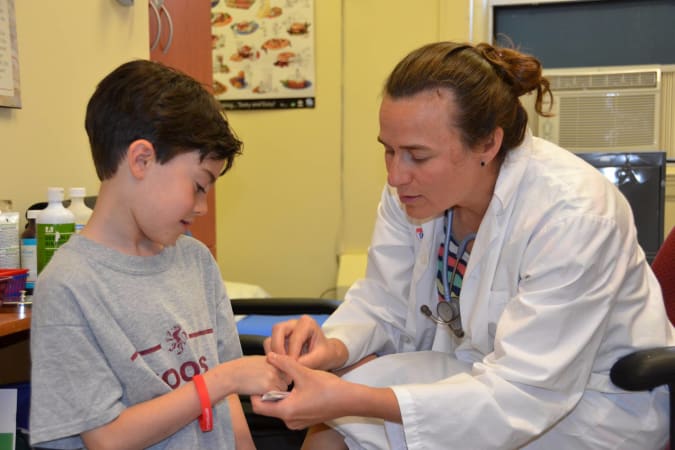
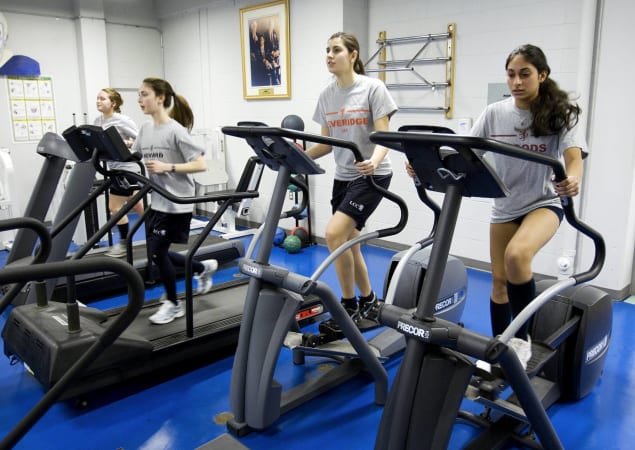




Top-down influence on the school’s direction and tone

Christopher Shannon, Head of School
Head of School, Pre-U graduate, and parent of two LCC alumni
Ask LCC students, parents, teachers, or alumni what makes LCC a special place and they will tell you: Abundant Opportunities; A Culture of Excellence; A Strong Community; and Exceptional Resources.
We know this because we cared to ask. As educators, we understand that these defining characteristics are central to a student’s journey in discovering all that he or she can be. And this strikes at the core of our philosophy.
Our school offers amazing opportunities for students in kindergarten through grade 12 because we believe they are essential to the student’s fullest development in mind, body, and heart. We also understand that it’s not “one-size-fits-all” when it comes to education and personal growth. Providing a breadth of well-integrated curricular and co-curricular programs keeps students engaged, allows them to try new things, and stretches their boundaries in a safe environment.
What is striking—and personally gratifying—is that students and staff alike enjoy being at LCC. We are a school that sets high standards in all that we do, but we also welcome the challenge. Positive student involvement, committed teachers, supportive parents, and a joy of learning combine to make the LCC educational experience exceptional. Our faculty and staff inspire our students to do their best and discover new strengths and passions. These special relationships are the true measure of what distinguishes the programs and opportunities of our school.
Community is part of our core values. At LCC, there is a genuine sense of pride and belonging palpable not only across our four school divisions, but also in all layers of school life. We live our motto—Non Nobis Solum/Not for Ourselves Alone. This means instilling a sense of responsibility and accountability in our students, and ensuring everyone has the chance to make a difference in the lives of others, locally or globally.
Outstanding resources help make all of this possible. We are fortunate to have some of the best facilities in the city, which are complemented by innovative programming and teachers prepared to go the extra mile. Whether it be math and science, performing arts, technology, athletics, leadership, service, Pre-University, or the International Baccalaureate Diploma Programme, it comes down to people, facilities and programs. Together, they provide a comprehensive experience that develops personal potential and brings about endless possibilities for LCC students.
There are many excellent schools from which to choose and we recognize that selecting the school that best fits is important. We invite you to explore LCC and discover for yourself the journey that will lead to The Power to Be.
Christopher Shannon
Head of School, Pre-U graduate, and parent of two LCC alumni
THE OUR KIDS REPORT: Lower Canada College
Next steps to continue your research:
Continue researching Lower Canada College with OurKids.net, or visit school website.